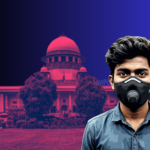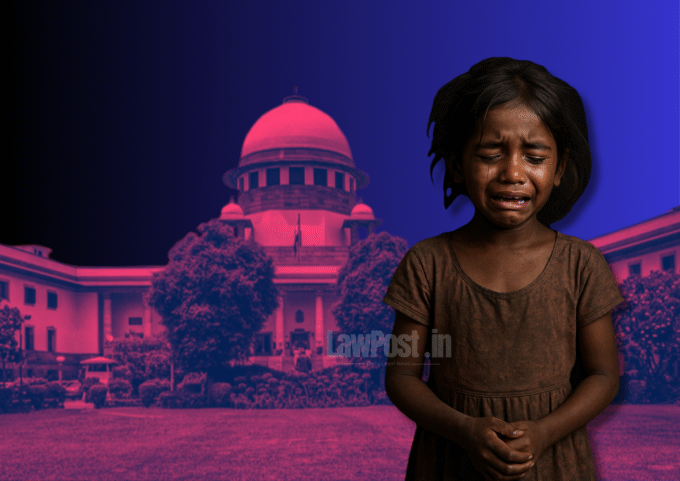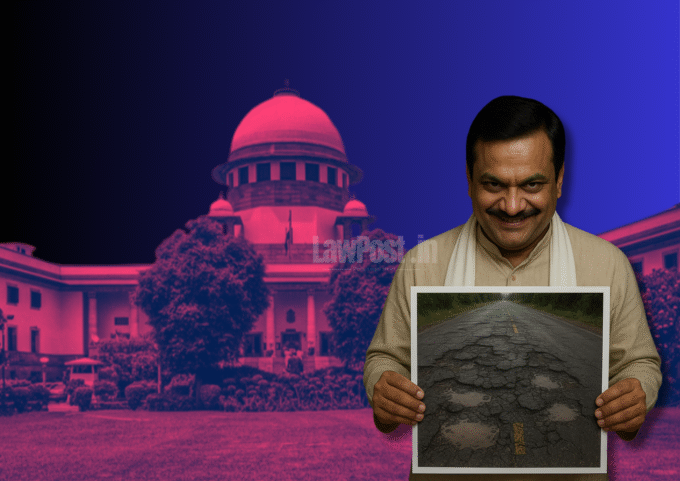In a landmark judgment underscoring the significance of compensation for enduring pain and suffering, the Supreme Court of India has enhanced compensation to a motor accident victim to ₹15 lakhs under this category. This exceeds the ₹10 lakh initially sought by the claimant, reflecting the Court’s acknowledgment of the profound impact of life-altering injuries.
A bench comprising Justices C.T. Ravikumar and Sanjay Karol delivered the verdict while hearing the appeal of a claimant who had suffered 90% permanent disability following a road accident involving a negligently driven lorry. The Motor Accident Claims Tribunal (MACT) initially awarded ₹58.09 lakh, later enhanced by the Karnataka High Court to ₹78.16 lakh. The Supreme Court further increased the total compensation to ₹1,02,29,241, addressing key components like future prospects and the grievous pain and suffering endured by the appellant.
Pain and Suffering: An Undeniable Reality
The Court, emphasizing the life-long effects of the injuries, noted that consistent suffering profoundly disrupts one’s sense of self. Quoting insights from various disciplines such as bioethics, psycho-oncology, and sociology, the judgment remarked:
“A person’s understanding of oneself is ‘shaken or compromised’ at its very root at the hands of consistent suffering. In the present facts, it is unquestionable that the sense of something being irreparably wrong in life, as spoken by Frank (supra); vulnerability and futility, as spoken by Edgar, is present and such a feeling will be present for the remainder of his natural life.”
The Court also cited its earlier ruling in Karnataka SRTC v. Mahadeva Shetty (2003):
“A person not only suffers injuries on account of accident but also suffers in mind and body on account of the accident throughout his life and a feeling is developed that he is no more a normal man and cannot enjoy the amenities of life as another normal person can.”
The appellant, who was rendered wheelchair-bound, required assistance for all daily activities and faced permanent impairment. The Court acknowledged that the MACT had rightly considered the appellant’s functional disability as 100%.
Referring to similar judgments (Kajal v. Jagdish Chand, Ayush v. Reliance General Insurance, Lalan D. v. Oriental Insurance Co. Ltd.), where compensation under “pain and suffering” ranged between ₹3-15 lakhs, the bench awarded ₹15 lakhs in recognition of the severe, lifelong consequences.








